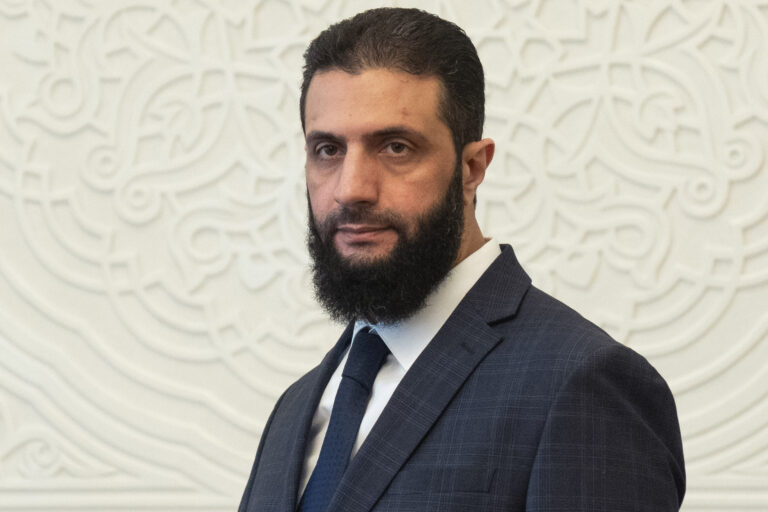There are in this week’s Sedra two themes of particular interest. The first is that we are told that, after Moshe Rabeinu passes on and after we go into Eretz-Yisroel, we will betray Hashem. Such a passage definitely is depressing; more than that, such a forecast seems almost the sort of thing one might call a ‘self-fulfilling prophecy’, the sort of prediction that helps to determine (or predetermine) the outcome. Every mechanech knows that a child will likely become what you expect of him. If someone expects greatness from a child the chances are much stronger that the child will become great, but if one chalila expects failure from a child the child will likely become a failure.
The second intriguing statement is that the Torah then tells us that in the end everything will end up alright as Hashem will never completely leave us and that one day we will come back. After telling us all this, the Torah then refers to this whole ordeal (of our straying away from Hashem and the eventual Teshuva…) as a “Shira” – a song.
There are two basic questions that must be asked: 1. why is Hashem ‘putting us down’ and lowering His Expectations for us? 2. Why is the Torah referring to the whole ordeal as a “Song”? Referring to it as a “Song” seems akin to glorifying it.
Chazal tell us that (Brachos) that Hashem created the evil inclination in every person. In creating us, Hashem also placed us within an environment in which there would always be a constant struggle. Had Hashem not given the evil inclination sufficient power to defeat at some points the Good and right inclinations, the evil inclination then wouldn’t serve a purpose as it would always be defeated.
Song is a powerful tool. Songs can be used to bring out inner unspoken emotions. Songs also have the unique quality of beautifying the message they contain.
Were the Torah only to tell us that we would one day gravely sin and betray Hashem, the message would be devastating. Am-Yisroel would be almost hopeless. But the Torah doesn’t do this; the Torah presents us with a Song. While the Song contains low, more depressing notes, it also includes higher notes and faster beats of hope.
Hashem is indeed telling us that there will be moments and times that the evil inclination will successfully battle the good and right, but the Torah is also telling us that ultimately the good and right will win the war.
The only way possible to transmit this message is through a Song. There is a deep and potent message of hope in every moment of despair, and that is precisely what this particular Song is about.
This is perhaps one of the most important messages to be given during Aseres Yemei Teshuva. Teshuva is the remedy Hashem has given us for every failure.
A very warm Good Shabbos, Rabbi Y. Dov Krakowski










